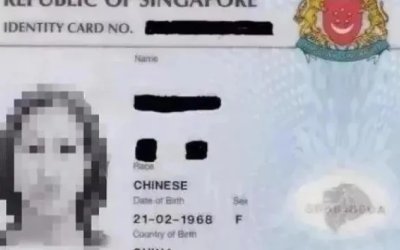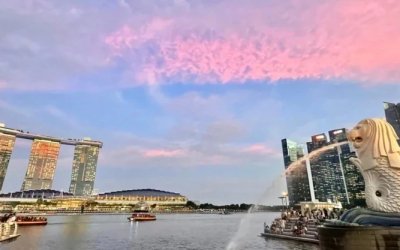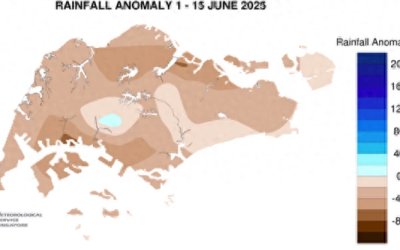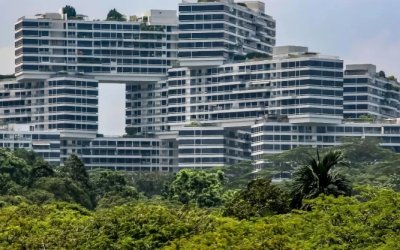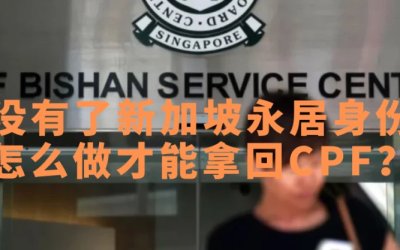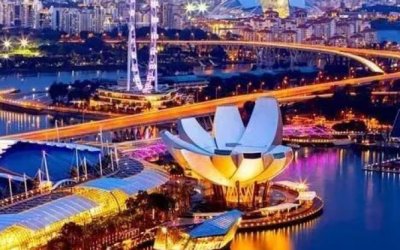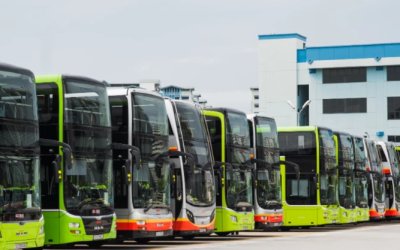2024年4月3日,新加坡外交部兼國家發展部高級政務部長沈穎,答覆議員連榮華有關所有HDB計劃的上訴率數據的議題。

沈穎
新加坡外交部兼國家發展部高級政務部長

連榮華
武吉班讓區議員
以下內容為新加坡眼根據國會英文資料翻譯整理:
連榮華議員詢問國家發展部長:
過去五年每年(a)新加坡建屋發展局(HDB)收到的申訴數量是多少;
(b)有多少申訴成功;以及
(c)HDB是否定期審查其方案和政策以減少申訴案件負擔。
國家發展部高級政務部長 沈穎女士(代表國家發展部長):先生,從2019年到2023年,新加坡建屋發展局(HDB)每年平均收到約854,000份函件,其中包括來自公眾的申訴、反饋和諮詢。申訴占其中的一部分,平均每年約有177,000份申訴。這些申訴涉及一系列問題,如購買HDB公寓的資格、HDB住房貸款和住房津貼、住房維護問題、公共租賃住房和停車違規等。
HDB在評估申訴時考慮到每個案件的獨特情況,並且每個申訴的結果將取決於其個別優點。國家發展部(MND)和HDB定期審查我們的住房政策和方案,以確保我們滿足新加坡家庭不斷發展的需求和願望,並實現國家目標。
議長:連榮華議員。
武吉班讓區的連榮華議員:先生,作為國會議員,我們代表居民向HDB發送了大量的申訴。對我來說,特別是,我認為這些申訴占我發送的總申訴量的一半。因此,問題是HDB作為一個組織,在處理申訴方面是否花費了不成比例的時間,這些時間本可以用在其他地方,例如解決其他問題。
另一方面,居民不得不等待幾周甚至幾個月才能收到HDB的回覆。對於想要購買公寓的人,要從父母的公寓中搬出,可能需要幾周甚至幾個月的時間才能提出申訴。
因此,我可以問問高級政務部長,是否存在這樣一種情況,即方案結構過於嚴格,缺乏靈活性,導致申訴數量過多,以及HDB是否應該審查這些方案以減少申訴。對於新的方案,是否可能設計這些方案以減少申訴的可能性。
沈穎女士:我感謝議員對HDB工作量的關注,的確,我們不斷尋找方法來簡化我們官員的工作量,使他們的時間更有效地為新加坡人服務。
我相信議員的關注點在於與住房相關的申訴,所以我應該補充說,在我剛才與他分享的數字中,包括與停車違規相關的申訴,大約占申訴量的40%。與住房相關的申訴將占其餘的大部分。我們將定期審查我們的方案,以確保它們滿足新加坡人不斷發展的需求。
話雖如此,有時我們確實收到實際上已經有非常明確條款的申訴吁。我將舉一個例子,即居民或公眾成員申訴要求新加坡預購組屋(BTO)公寓。我認為這對本院的成員來說是非常熟悉的。我們已經有了一個非常清晰的BTO申請條款;有一個抽籤制度。
儘管如此,仍然會有一些公眾成員認為他們應該優先獲得一套公寓,甚至直接分配一套公寓。儘管我們已經有了一個現成的框架,如果這樣的申訴到來,我們會認真審查並回復。因此,這構成了一部分申訴量。還有一些情況,即個人申訴者的情況發生了變化,例如他們的財務情況。事實上,我相信剛才陳立峰議員提出的問題就與此有關。對於值得考慮的情況,我們將審查這些申訴,並相應地提供答覆。
因此,我認為除了那些已經有條款並且公眾知道但他們仍然要申訴的情況,或者由於情況變化,我們確實需要上訴程序,以確保結果對市民是公平的。儘管如此,我們仍會繼續儘可能檢討和精簡我們的計劃。

以下是英文質詢內容:
Mr Liang Eng Hwa asked the Minister for National Development for each year in the last five years (a) what is the number of appeals that HDB has received under all its schemes; (b) how many appeals have been successful; and (c) whether HDB reviews its schemes and policies periodically to reduce the appeal case load.
The Senior Minister of State for National Development (Ms Sim Ann) (for the Minister for National Development): Sir, from 2019 to 2023, the Housing and Development Board (HDB) received an annual average of around 854,000 pieces of correspondence, which include appeals, feedback and enquiries from members of the public. Appeals comprise a subset of these, averaging around 177,000 appeals per year. These appeals spanned a wide range of issues, such as eligibility for purchase of HDB flats, HDB housing loans and housing grants, housing maintenance issues, public rental housing and parking offences.
HDB takes into consideration the unique circumstances of each case when assessing appeals, and the outcome of each appeal will depend on their individual merits. The Ministry of National Development (MND) and HDB regularly review our housing policies and schemes to ensure that we cater to the evolving needs and aspirations of Singaporean households, and to meet national objectives.
Mr Speaker: Mr Liang.
Mr Liang Eng Hwa (Bukit Panjang): Sir, as Members of Parliament, we do send a large number of appeals to HDB, on behalf of residents. For me, in particular, I think they account for up to half the total appeals that I send. So, the question is whether, on one side for the HDB as an organisation, given the case load, are HDB staff spending a disproportionate amount of time handling appeals, which could have otherwise been spent, maybe on the ground, to solve other problems.
While on the other side, the residents are having to wait for weeks or months for HDB to respond. For someone who wants to buy a flat, to withdraw his or her name from a parent’s flat, may take weeks or months, just to appeal.
So, can I ask the Senior Minister of State, is this a case where the schemes are structured just too tightly and are less flexible, resulting in high numbers of appeals, and whether should HDB review the schemes to reduce their appeals. For the newer schemes, whether it is possible to design these with the aim to reduce the likelihood of appeals.
Ms Sim Ann: I thank the Member for his concern about the workload in HDB and, indeed, we are constantly looking for ways to streamline our officers』 workload, so that their time can be spent more productively in serving Singaporeans.
I believe the Member’s interests will be in housing-related appeals, so I should add that in the numbers that I have shared with him just now, it includes appeals for parking related offences, which constitute approximately about 40% of the appeal load. Housing-related appeals would be the bulk of the remainder. And we will be reviewing our schemes quite regularly, to make sure that they meet the evolving needs of Singaporeans.
That said, sometimes we do receive appeals where actually there is already a very clear framework. I will give an example of residents or members of the public appealing to ask for priority allocation of a Build-To-Order (BTO) flat. I think this is quite familiar to Members of this House. We have a very clear framework for the application of BTO; there is a ballot.
Nonetheless, there will be members of the public who feel that they should get priority allocation of a flat or even direct allocation of a flat. And much as we already have a framework in place, if such an appeal comes, we will duly look at it and also reply. So, that constitutes some of the volume. There are also cases where, there are changing circumstances of the individual appellant, for instance, their financial circumstances. In fact, I believe, the question just now posed by Mr Dennis Tan relates to this. For deserving cases, we will look at these appeals and provide an answer accordingly.
So, I think outside of these cases where either, there is already a framework and the members of the public know it but they want to appeal nonetheless; or cases where because of changing circumstances, we do need the appeals process in order to ensure that the outcome is fair for the member of the public; we will, nonetheless, continue to review and streamline our schemes wherever possible.
HQ丨編輯
HQ丨編審
新加坡國會丨來源
新加坡國會丨圖源
